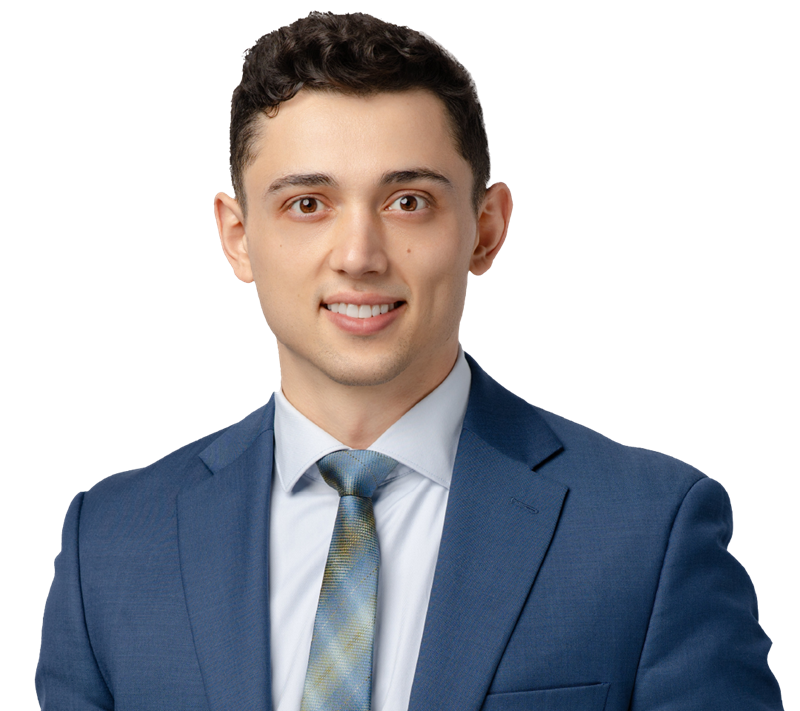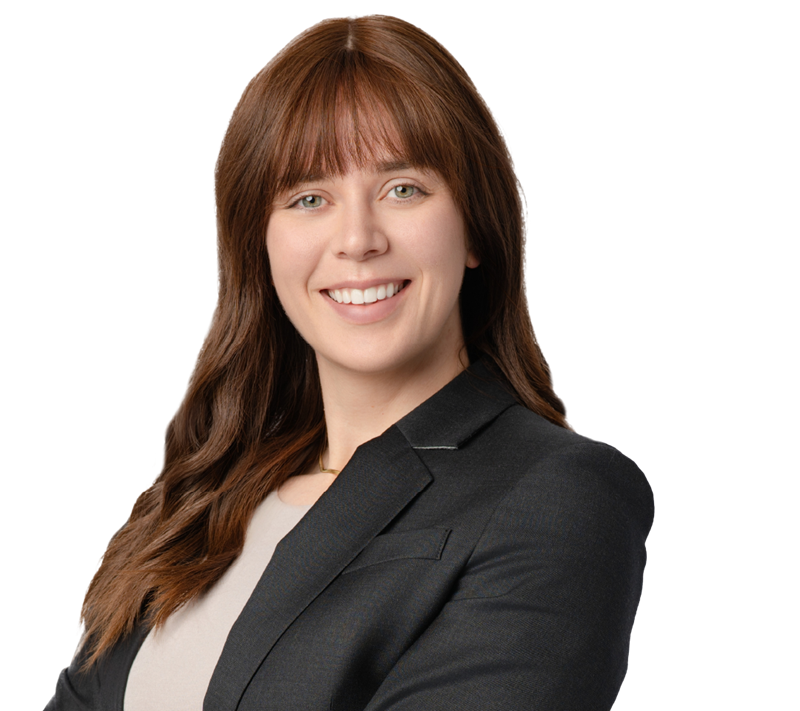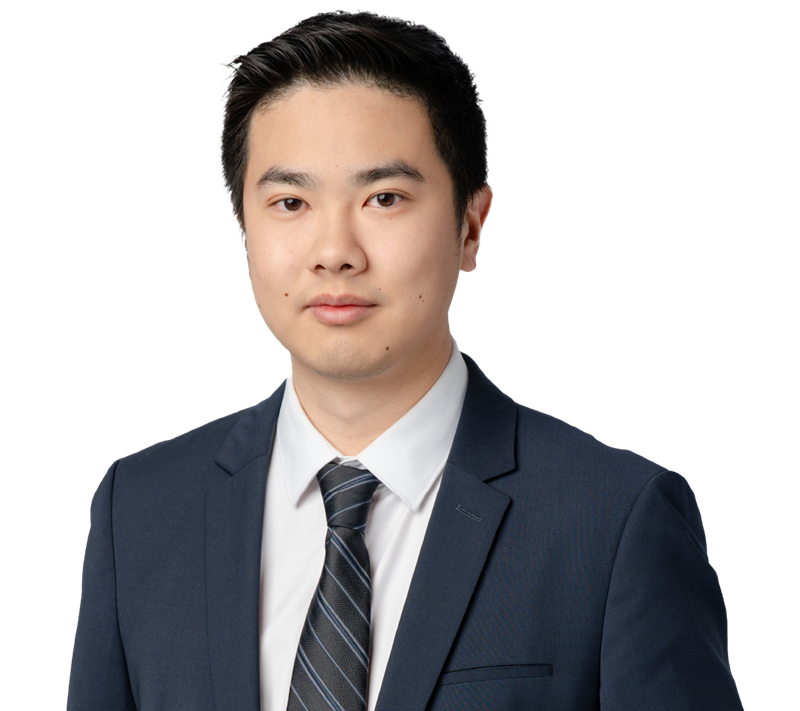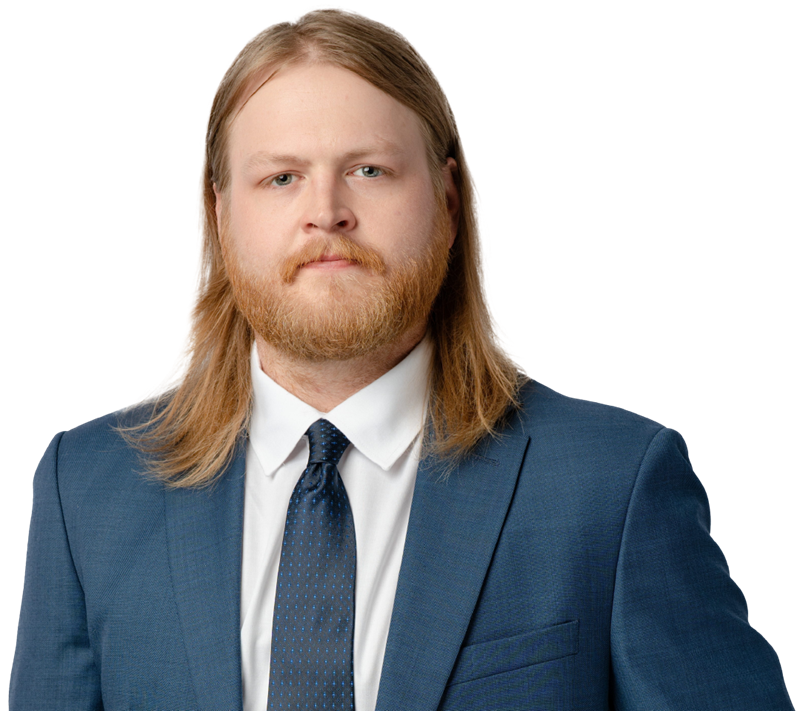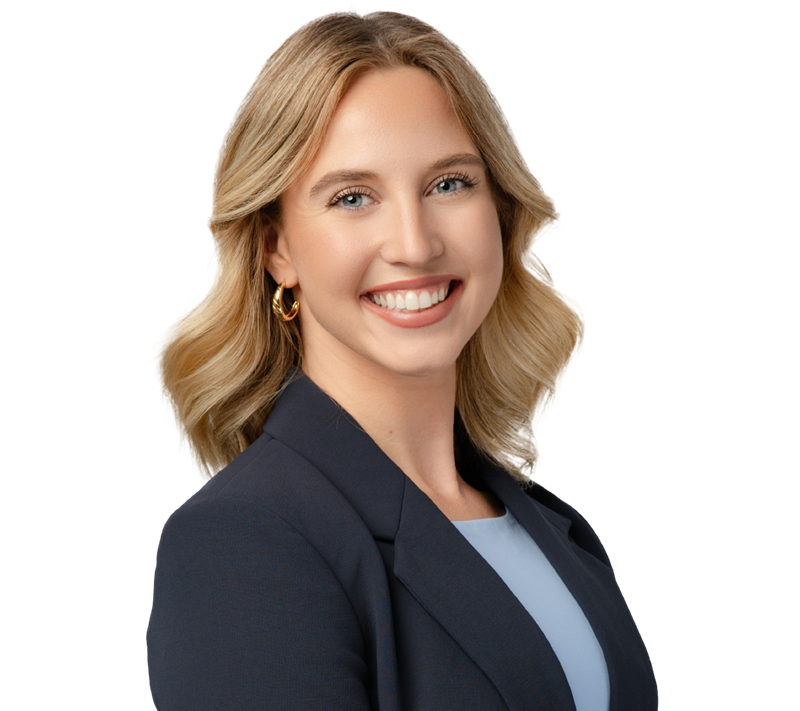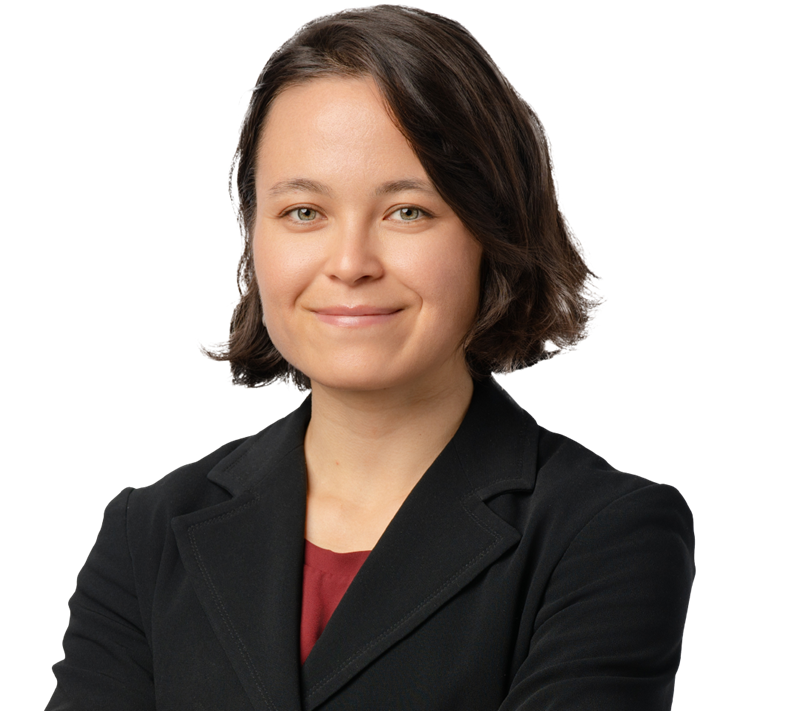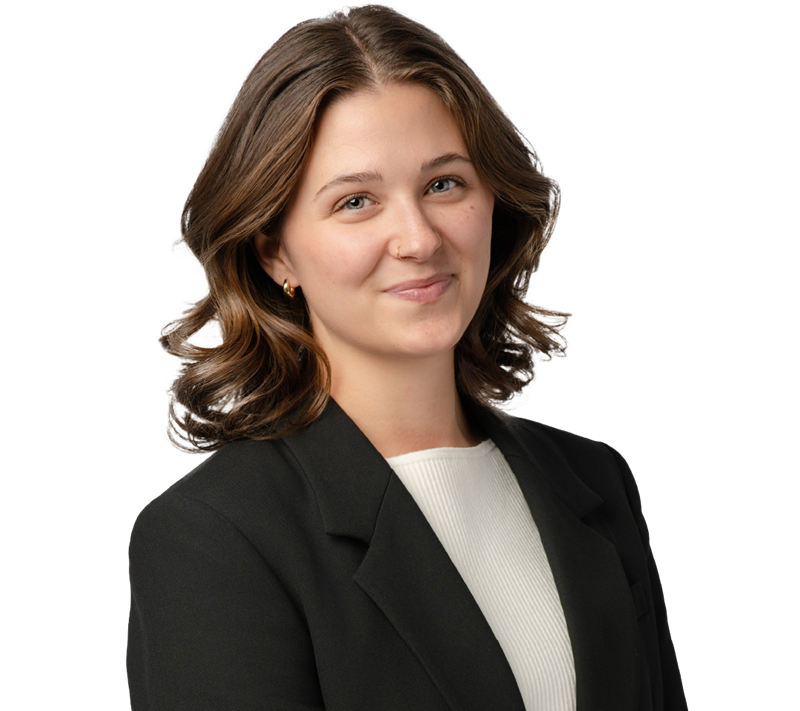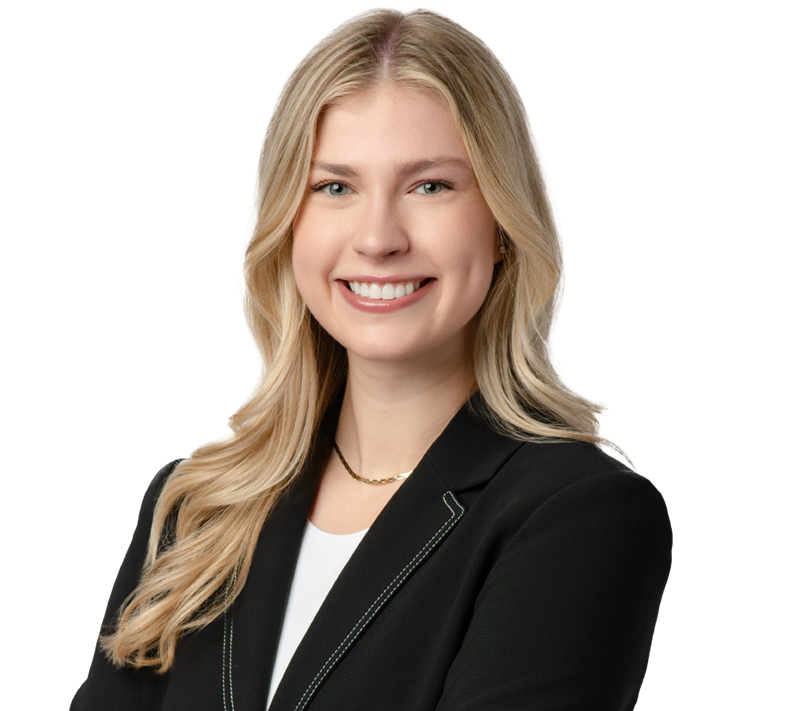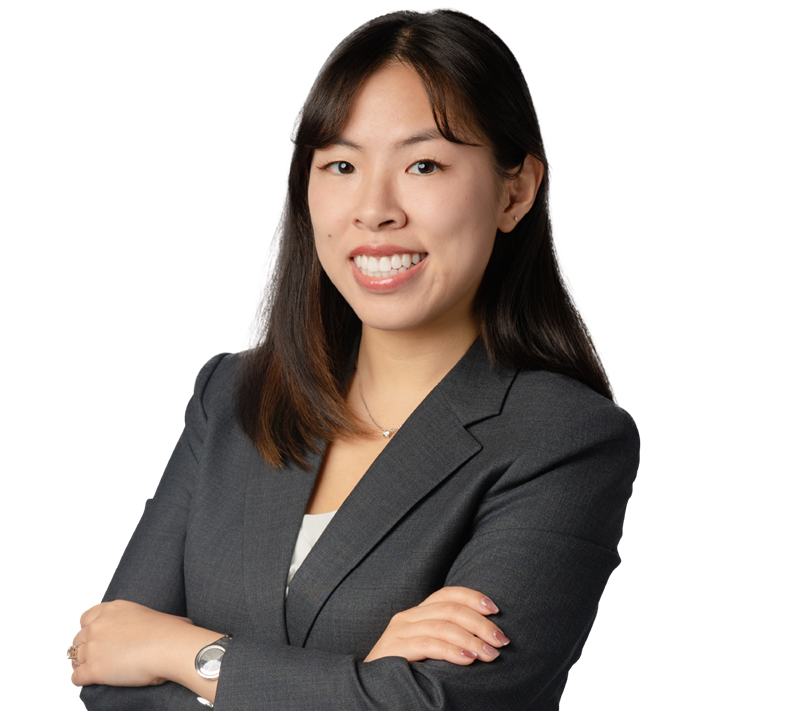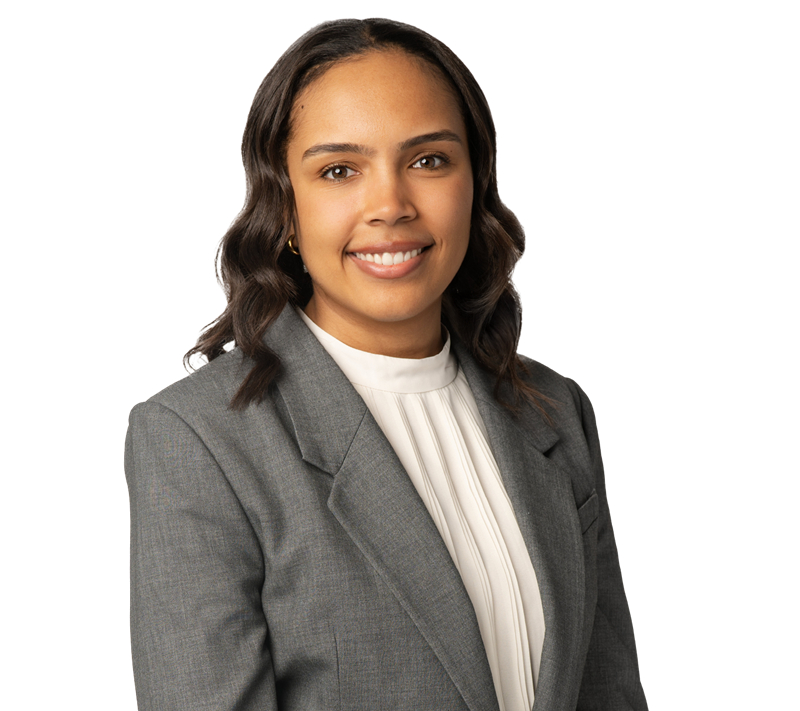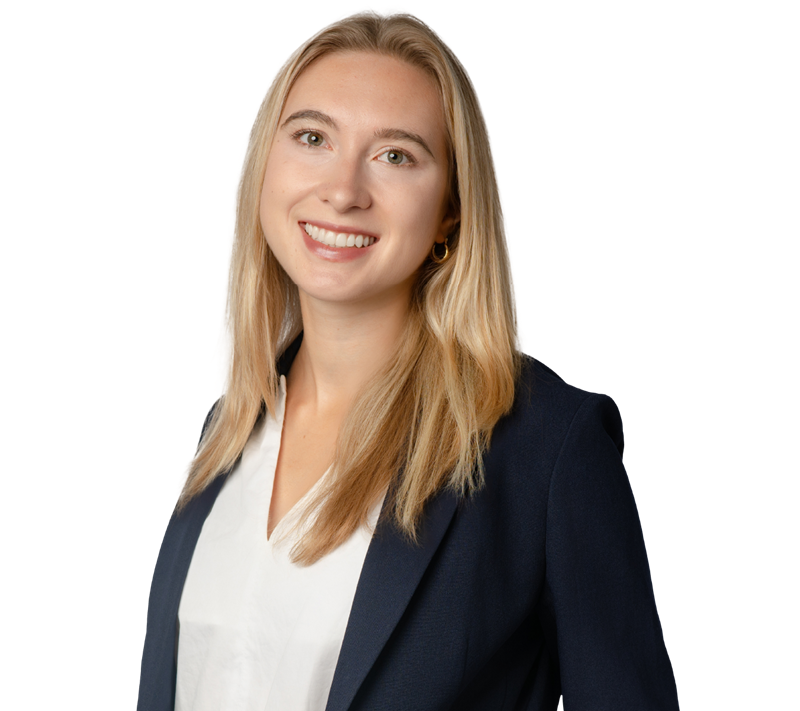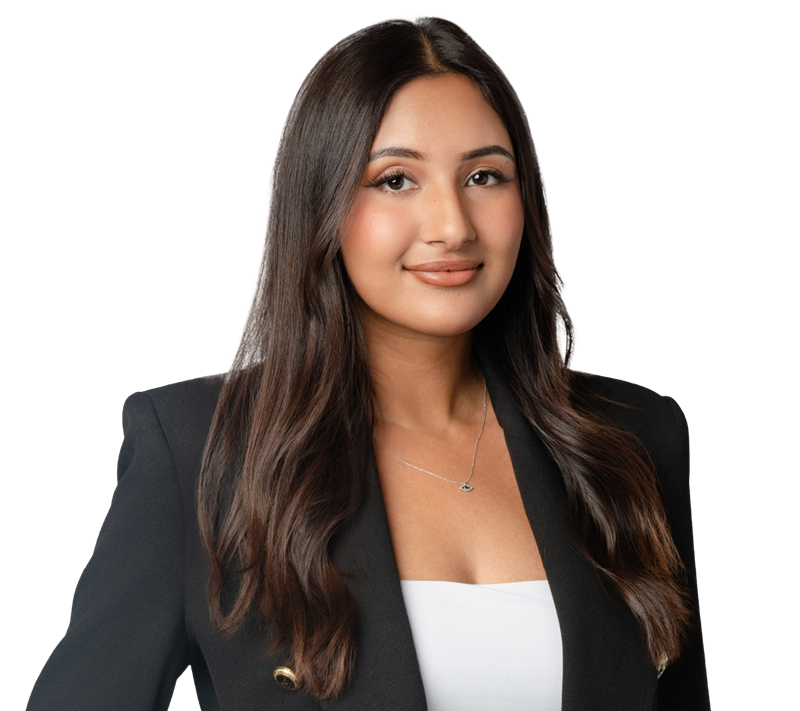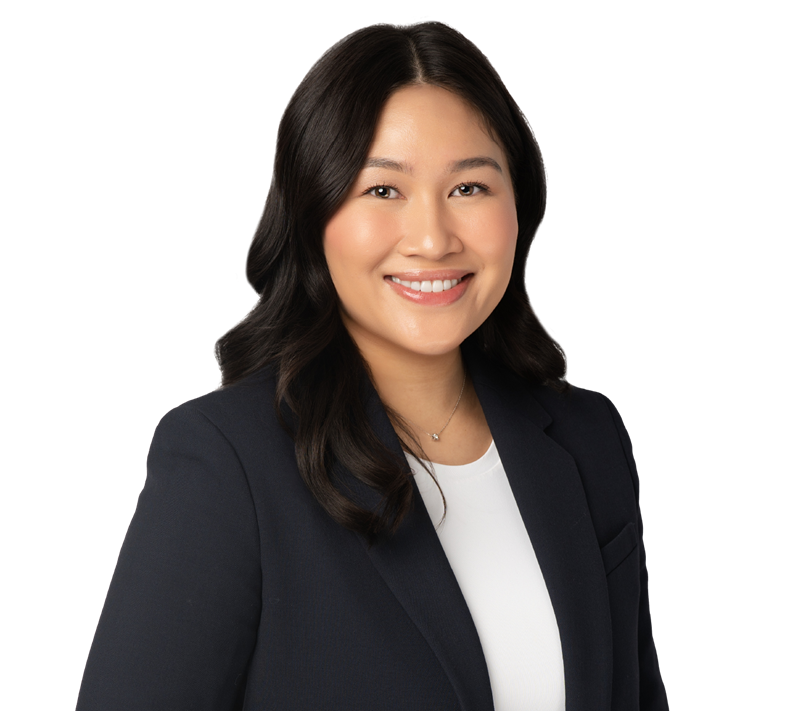
Vancouver

Vancouver Summer Program
The Vancouver office of Lawson Lundell offers a summer program for students who have completed their second year of law school at a Canadian law school. Our summer program is an important part of our recruiting process, and every year we anticipate that our summer students will return to article with us after they finish law school.
Our summer students enjoy a self-directed summer experience, where they are encouraged to explore our various practice groups and seek out work that interests them. We do not rotate summer students through different practice areas. With a flexible summer program and robust mentorship program, our students can start to develop areas of interest and professional relationships that will provide a solid foundation for when they return for articling. The goal is for our summer students to have a meaningful work experience and to leave feeling like part of the Lawson Lundell team.
Our summer student cohort typically includes 12-14 students.
Our 2025 Summer Students

Vancouver Articling Program
Our articling program provides students the opportunity to rotate through four broad practice areas:
- Real Estate / Tax / Banking
- Commercial Litigation / Bankruptcy and Insolvency
- Environmental, Indigenous, and Regulatory Litigation / Labour & Employment
- General Corporate
To enhance the articling experience, we conduct bi-weekly student round tables where various topics, including workflow, capacity, goal setting, challenges, and more, are discussed. These regular check-in meetings are a unique and defining feature of our student program, and they have garnered highly positive feedback.
By creating a safe space for students to openly share their joys and challenges, as well as strategies for success, these meetings prove invaluable in shaping their articling year.
Our articling program includes the Professional Legal Training Course (PLTC) required by the Law Society of BC (during which students are absent from the firm while attending the program). PLTC sessions are offered beginning in May, September and February of a given year. We consult with our students to come up with a mutually-agreed upon session (subject to availability of spots at PLTC) which accommodates our students' plans, such as travelling after graduation, and our own need to balance how many students are in the firm at a given time. More information on PLTC and articling generally can be found on the Law Society of BC's website.
We consult with our students to come up with a mutually-agreed upon session (subject to availability of spots at PLTC) which accommodates our students' plans, such as travelling after graduation, and our own need to balance how many students are in the firm at a given time. More information on PLTC and articling generally can be found on the Law Society of BC's website.
Many of our students are fortunate to be chosen to clerk at various courts in Canada. We encourage and accommodate this experience. Clerks receive priority selection for PLTC sessions. We pay clerks as first year associates once they have received their grant of licence.
Our 2025/2026 Articling Students
Salary & Benefits
Our students are compensated at a competitive level in the downtown Vancouver legal market. The firm pays your Law Society of British Columbia enrolment fees (including the Professional Legal Training Course (“PLTC”) fees), as well as your salary while attending PLTC. Our articled students receive extended health benefits, and our summer students who return to article with us receive a third year tuition bonus.
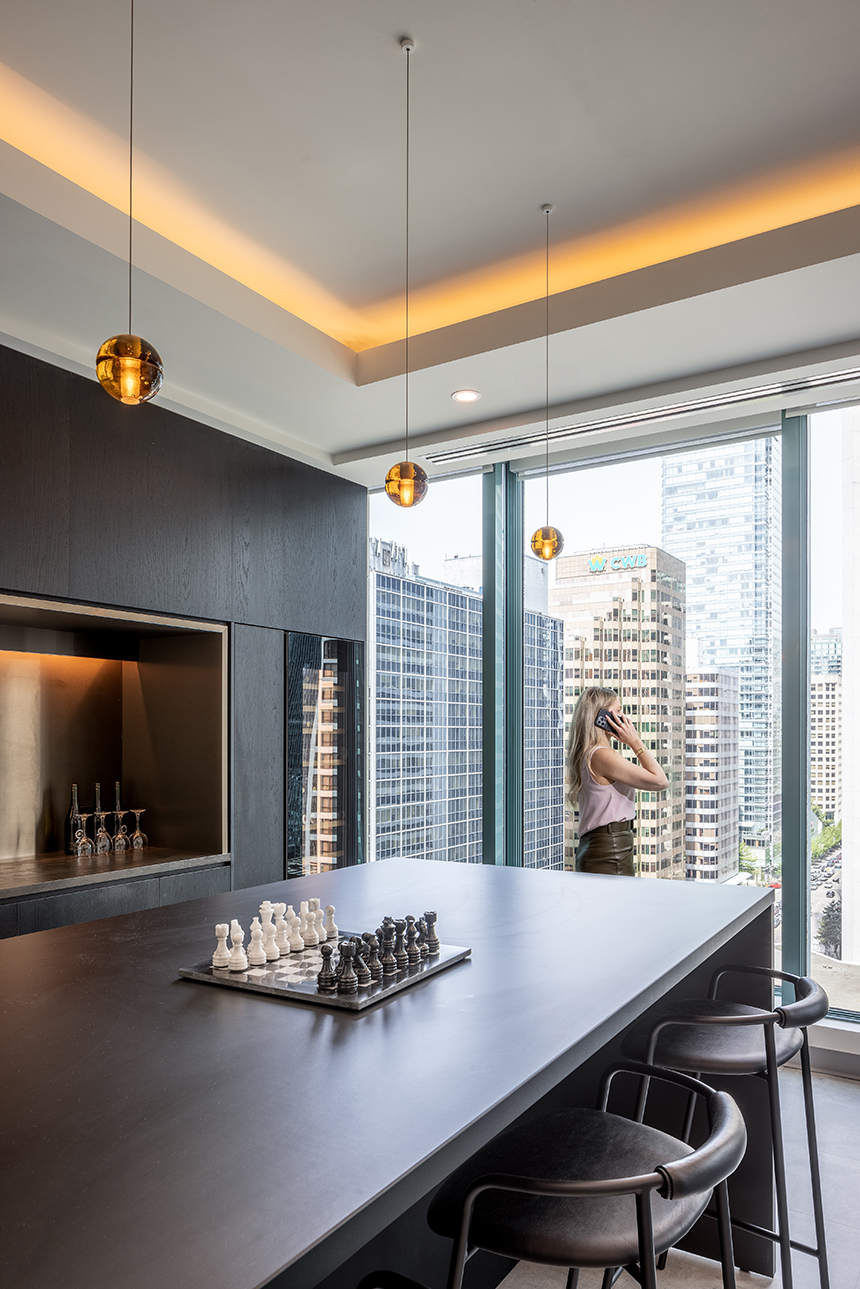
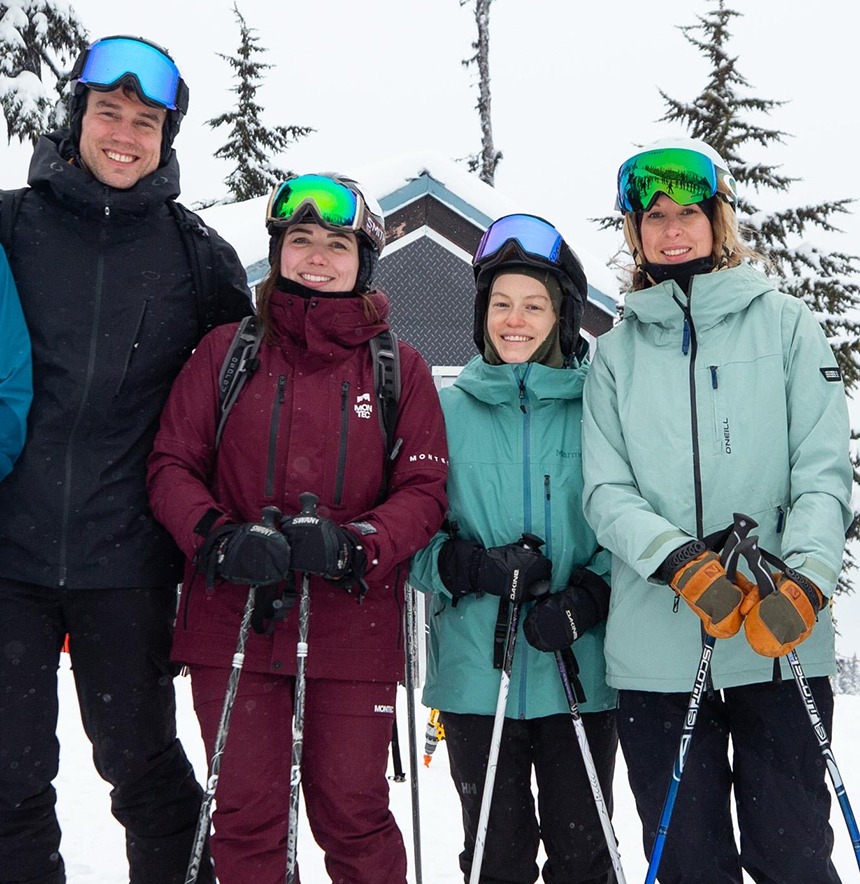
Memberships and Social Events
At Lawson Lundell, we strive to foster active participation in the local legal community among our students. In order to support this goal, we cover the annual membership fees for both the Canadian Bar Association and the Vancouver Bar Association. Additionally, we also pay for membership fees for various Canadian Bar Association subsections, which provide valuable opportunities for professional growth through lunch seminars and networking events.
In terms of social events, we host a range of gatherings throughout the year to encourage camaraderie and networking among lawyers, students, and staff. Our winter holiday party is a festive affair, bringing together lawyers, students, and staff to celebrate the season. Our annual firm courtyard events provide an opportunity for all lawyers and students to connect and build lasting relationships. Moreover, we participate in community events such as fundraising for the United Way, the CIBC Run for the Cure, and the BC Children's Hospital Foundation.
In addition to these annual events, we also arrange other social and athletic activities on a spontaneous basis, including outings like bowling nights, cooking classes, grouse mountain excursions, and Vancouver Canadians baseball games. We believe that these activities foster camaraderie and promote a well-rounded experience for our students.
Join Our Student Program
Lawson Lundell adheres to the Vancouver Bar Association (“VBA”) recruitment guidelines. We are committed to helping students choose whether articling with us is a good fit, without applying undue pressure on students during the student recruitment process. Our aim is to be as transparent as we can and provide students with ample opportunities to connect with members of our firm.
Please refer to the VBA website for application deadlines. For summer student positions, please note your law school may set additional internal deadlines for on-campus interviews.
We request that all applications be submitted through the viRecruit Portal. Applications should include a cover letter, resume, copies of official undergraduate and law school transcripts, as well as a GPA calculation. Upper year course lists and reference letters are optional. We do not require a writing sample.
We do not participate in the Vancouver articling recruit.

Our Recruitment Committee
Our Recruitment Committee is dedicated to recruiting excellent students and to ensuring that the student experience at Lawson Lundell is a positive and engaging. We meet regularly throughout the year to discuss issues that involve students and to maintain our ties with the law school community.
All recruitment committee members are happy to speak with students by phone or by email. Often we are able to set up a coffee meeting or a firm tour for interested students. We can also arrange for a student to speak with a lawyer or student in a practice area of interest to the student.
Currently, our Recruitment Committee consists of the following members:
Sean Adair, Partner, Corporate Commercial Law, and Mergers & Acquisitions
Scott Anderson, Partner, Real Estate, and Banking & Debt Financing
Angela Austman, Partner, Corporate Finance and Securities
Scott Boucher, Partner, Litigation
Maxwell Carroll, Partner, Real Estate
Camille Chisholm, Partner, Litigation
Mark Fancourt-Smith, Partner, Litigation
Amaan Gangji, Partner, Corporate Commercial, and Mergers & Acquisitions
Allie Jackson, Chief Legal Talent and Inclusion Officer
Andrew Kemp, Partner, Corporate Commercial, and Mergers & Acquisitions
Christine Kowbel, Partner, Environmental and Indigenous
Caitlin Ohama-Darcus, Associate, Litigation
Nabila Pirani, Partner, Banking & Debt Financing
Jyotika Reddy, Partner, Banking & Debt Financing
Andrew Robertson, Partner, Mergers & Acquisitions, and Private Equity & Venture Capital
Rachelle Wong, Associate, Corporate Finance and Securities


